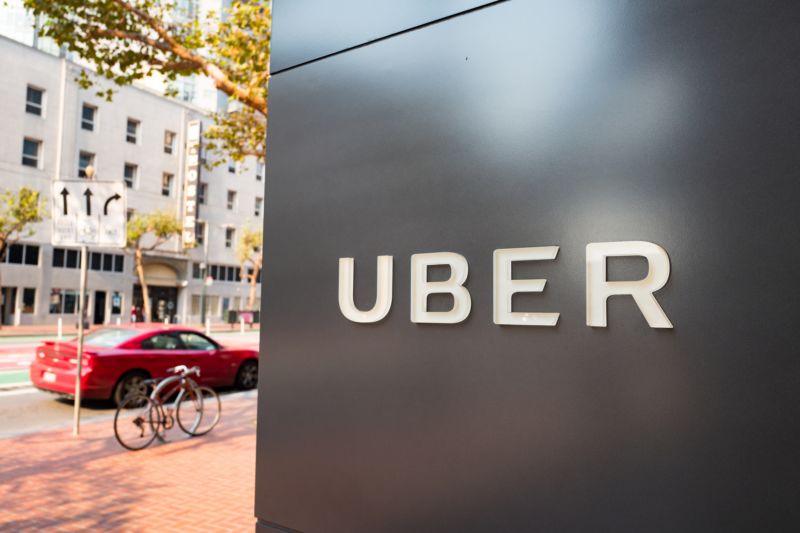
California voters decisively approved a ballot measure Tuesday allowing ride-hail services like Uber and Lyft to treat their drivers as independent contractors, not employees. With 72 percent of the vote counted, Proposition 22 is winning by a 58-percent to 42-percent margin. That’s a big enough lead for the Associated Press to project its passage.
Uber’s stock rose 14 percent in Wednesday trading. Lyft is up 12 percent.
The measure had heavy financial backing from Uber, Lyft, and other “gig economy” companies that employ large numbers of drivers. They funded both signature gathering and an expensive ad blitz to convince voters to support it.
Prop. 22 rolls back AB 5—but only for drivers
That was a response to last year’s passage of AB 5, a California law that codified a broad definition of employment under California law. The law made it much more difficult for companies to avoid providing benefits like overtime pay and unemployment insurance to their workers—not only drivers but other professions across the California economy. It also exempted a number of white-collar professions from the new rules.
AB 5 was controversial because it made it difficult for freelance workers to maintain their independence. For example, some freelance photographers and journalists lobbied California’s legislature to pass followup legislation to allow them to stay independent contractors.
Uber and Lyft argued that AB 5 would force them to totally rethink how they run their services. They also argued that the legislation would be bad for their drivers, most of whom value the flexibility of the current model. If drivers became employees, and therefore eligible for a minimum wage, Uber and Lyft would have to more closely supervise when and where they drove. Drivers could lose the ability to activate the app whenever and wherever they chose, the companies said.
Uber and Lyft warned that if they were forced to comply with the law before November’s election they would have to shut down operations in California in order to reorganize the service. A last-minute ruling in August allowed the companies to continue with their current model until the election.
Here’s how we described Proposition 22 back in August:
The November ballot initiative would strip drivers of employee status but offer them some of the protections and benefits that come with employee classification. Uber drivers would be guaranteed to earn 120 percent of California’s minimum wage while they are completing trips. They would also be reimbursed for delivery expenses at a rate of 30 cents per mile, and workers that logged enough hours behind the wheel could get reimbursed for health insurance premiums.
However, under Uber’s proposal, drivers’ earnings would not be guaranteed for time when they are logged in to an app waiting for an assignment. As a result, drivers could still wind up making less than minimum wage for the total time they are logged in to the app.
The proposition approved by voters yesterday doesn’t change AB 5 more broadly. California law will continue to make it difficult for employers to classify most types of lower-skilled workers as independent contractors.
https://arstechnica.com/?p=1719240

